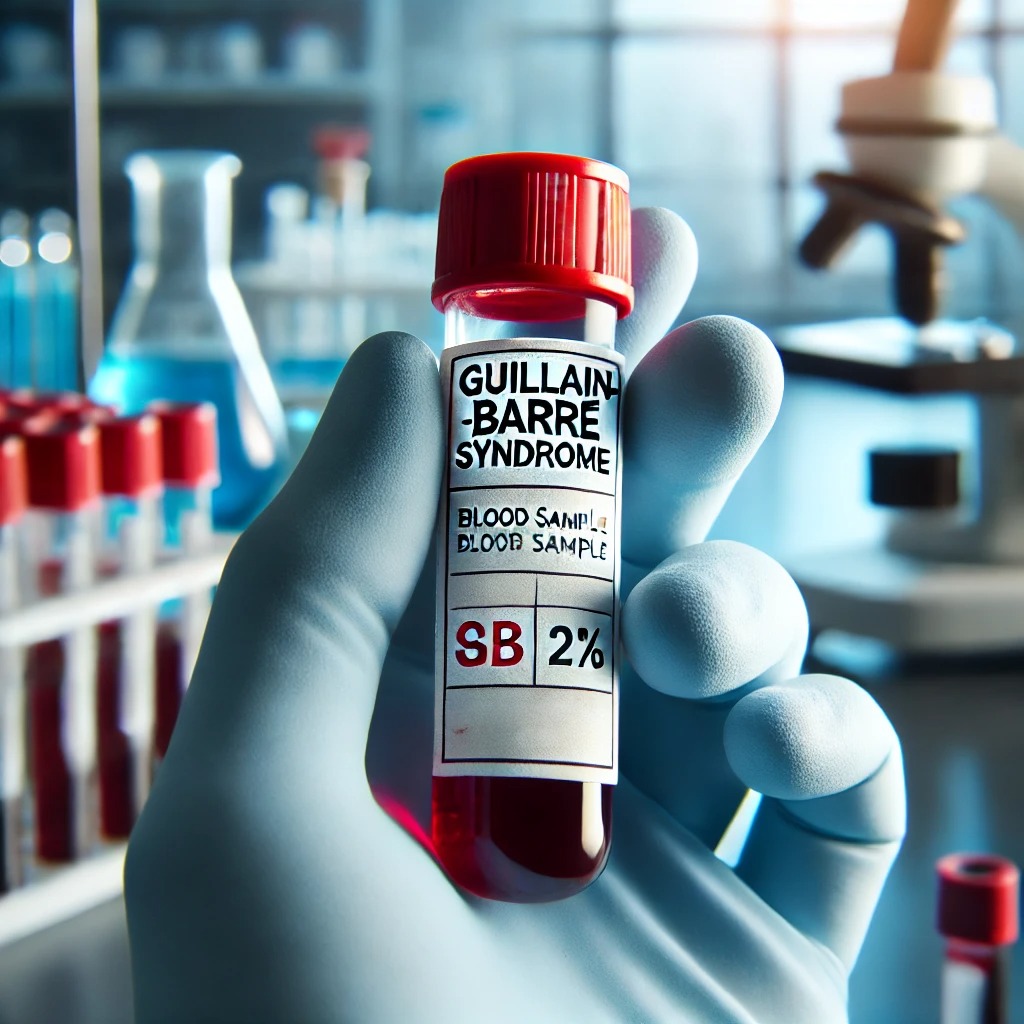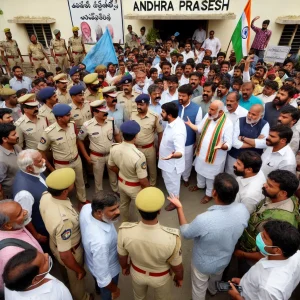
Mumbai has reported its first fatality linked to Guillain-Barré Syndrome (GBS) after a ward boy from V.N. Desai Hospital succumbed to the illness. This brings the suspected GBS-related death toll in Maharashtra to eight, with Pune district registering the highest number of cases.
What is Guillain-Barré Syndrome? Guillain-Barré Syndrome (GBS) is a rare but serious autoimmune disorder in which the body’s immune system mistakenly attacks the peripheral nerves. This can lead to muscle weakness, numbness, and, in severe cases, paralysis. The condition typically begins with tingling sensations in the legs and may spread to the arms and upper body, sometimes progressing rapidly within days or weeks.
Key Symptoms:
Weakness or Tingling: Often begins in the legs and can extend to the arms and face.
Muscle Paralysis: In severe cases, patients may experience complete paralysis, potentially affecting breathing and other vital functions.
Sensory Changes: Abnormal sensations, such as “pins and needles” or a crawling feeling under the skin, are common.
While most individuals recover from GBS, the process can take weeks to months, and some may experience lingering effects such as muscle weakness or fatigue.
India’s GBS Outbreak India has recently witnessed a surge in Guillain-Barré Syndrome cases, particularly in Pune, where 197 suspected cases have been identified. This uptick has prompted concern among health officials and the general public. While GBS itself is not contagious, it often follows infections, particularly gastrointestinal or respiratory illnesses.
Health authorities are actively investigating the potential causes behind the spike in cases. Recent viral infections, bacterial triggers like Campylobacter jejuni, and even vaccinations have been noted as possible contributing factors.
Is GBS Contagious? Guillain-Barré Syndrome is not a contagious disease and cannot spread from person to person. However, outbreaks can occur following certain infections, and experts are closely monitoring patterns to identify potential triggers.
While public anxiety is understandable given the rise in cases, medical professionals emphasize the importance of vigilance rather than panic. Individuals experiencing unexplained weakness, tingling sensations, or difficulty in movement should seek immediate medical attention, as early diagnosis and treatment significantly improve recovery outcomes.
The increase in GBS cases in India warrants attention, but understanding the syndrome’s nature can help alleviate unnecessary fears. Timely medical intervention, awareness, and early treatment are crucial in managing the condition effectively. Health authorities continue to investigate and monitor the situation, ensuring that appropriate measures are taken to address this concerning trend.







